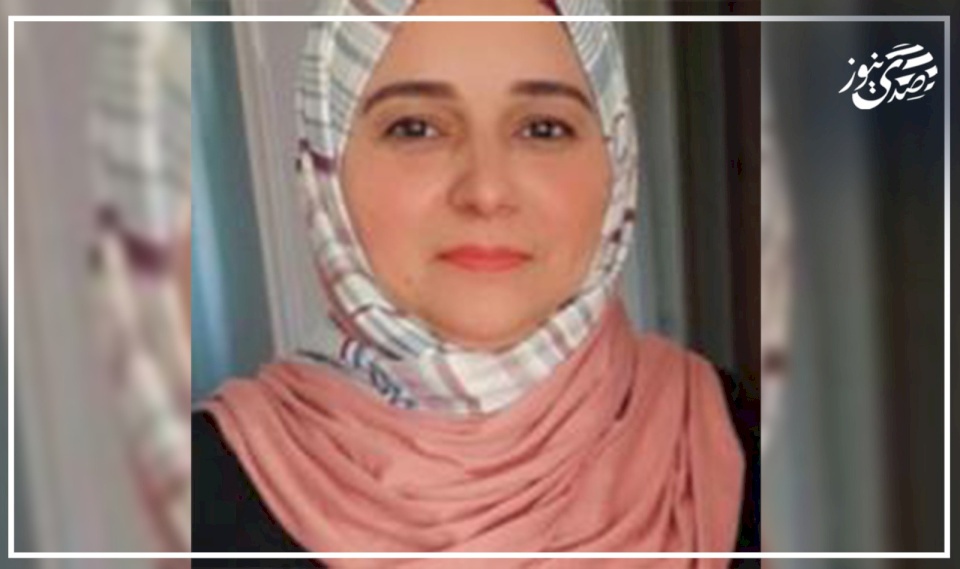
Draining Innocents Through Forced Displacement
One of the displaced can tell you, while carrying a few belongings and a lot of fatigue and pain, that this is his tenth time being displaced, while another may tell you that he no longer knows the order of this displacement or that he is also tired of counting how many times he had to flee. He is exhausted from everything around him; nothing offers him comfort or safety for himself and his children. Perhaps being displaced in the same place or the narrow geographic area is the most painful and tiring for these exhausted and drained individuals, who no longer own anything—neither money nor health nor even hope.
For the time he cannot put an order to, which will not be the last, the occupation has persistently used this slow, lethal method against the people of Gaza Governorate and its north, especially since this massacre began. Of course, it has not stopped using the same method, known as "al-Moronjiya," which means the movement of people in a tight circle, causing them to suffer fatigue, despair, and the loss of the ability to think about searching for a new place. We cannot deny that the lack of feeling secure in one location for a long period is one of the reasons for a person's psychological destruction, leading to slow collapse in front of themselves and their children.
For the time that cannot be ordered, the residents of the northeastern areas of Gaza City, as well as its southeastern areas, move from quick death to the unknown, carrying their few belongings or whatever remains of worn-out possessions, heading towards the unknown or towards possibilities that are less than death. This means that death is still present in the new destination, albeit at a later time or in a different form—they may die from hunger, thirst, cold, or complications from high fever. They might die due to the random shelling that targets areas classified as safe or humanitarian. This is the biggest lie you could hear in your life, or the lie that lets the conscience of the world sleep, when the occupation announces that the west of Gaza is a safe area, while it does not stop bombing it. Since the beginning of the war, it has declared Khan Younis' Motas as a humanitarian area, yet it has committed horrific massacres there. Indeed, we have started hearing names of areas within it that we did not know before, and these names tell us about the massacres happening even though the occupation dropped its leaflets on the residents of the eastern city to head there. But you have to convince yourself that our enemy is a liar, cunning, and deceitful, thus you hear every day about massacres being committed in Al-Nasr Street and Al-Istabl Street and others—areas we had never known before the war, because Khan Younis' Motas was for us an endless green spot that only ended in the beauty and splendor of the sea shore. However, today it is the land of oppression, hunger, and humiliation, where the wounded and the suffering bathe every morning in sea water that has become murky, as if it screams from the blood of the oppressed and subjugated.
Today and tomorrow, the displaced flee toward the unknown escaping from the death that the enemy innovates in its tools. Perhaps the use of explosive robots is the worst of these tools. As the explosive robot's shrapnel can reach a kilometer radius, it becomes deadly for anyone within that distance. This forces the tired, hungry, and displaced people sleeping in the remnants of burnt and bombed houses or sleeping in tents along the roads to flee at night with their children without looking back or carrying anything in a final attempt to escape death toward the unknown, because when they return in the morning, they discover they have lost everything, even a bucket of water or the remnants of flour that were in a cloth bag in a corner of the tent. Thus, they begin a new journey toward the unknown, a new search from scratch for a place, belongings, and food.

Huckabee's Statements Reveal the Falsehood of Trump's Peace and Reinforce Religious Confli...

Licensed Occupation by Law

Whoever Does Not Plant Hope, Plants Departure...

Between "Here is Jerusalem" and "Here is Gaza" ... The Voice of a Nation and the Steadfast...

While some count the boos, Palestinians count their martyrs.. Paradoxes of the internation...

When the Palestinian Issue is Reduced to Gaza Management

Legally Licensed Occupation

